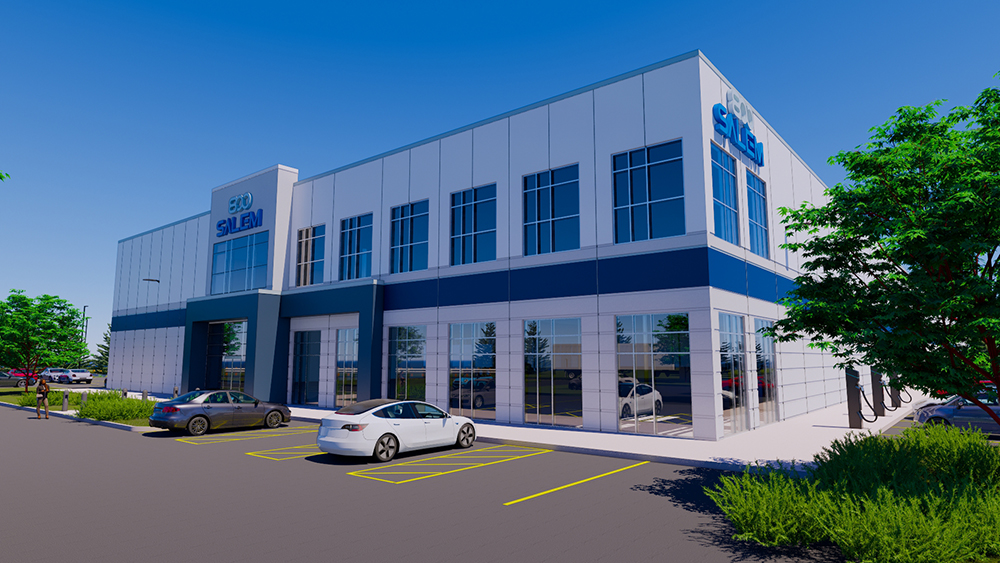
Wilmington, MA Camber Development and Dacon Corp. celebrated the commencement of a 238,000 s/f industrial warehouse and distribution facility at 800 Salem St.
Located less than one mile from I-93, this precast panel, flexible warehouse and distribution space has 36 ft. clear heights, the capacity for 47 loading docks, 32 EV charging stations, and a solar-ready roof. The property is one of the first fully electric industrial buildings to be built in Massachusetts. Located 20 minutes from Boston, it has access to I-93, Rte. 128 and the Boston metro population, as well as access to I-495 to the north.
The project is being developed by Camber Development, a Boston-based real estate investor and developer of innovative industrial properties. Camber is a forward-thinking developer that leverages strong local relationships and a deep understanding of market dynamics to create a positive impact on the community through their projects.
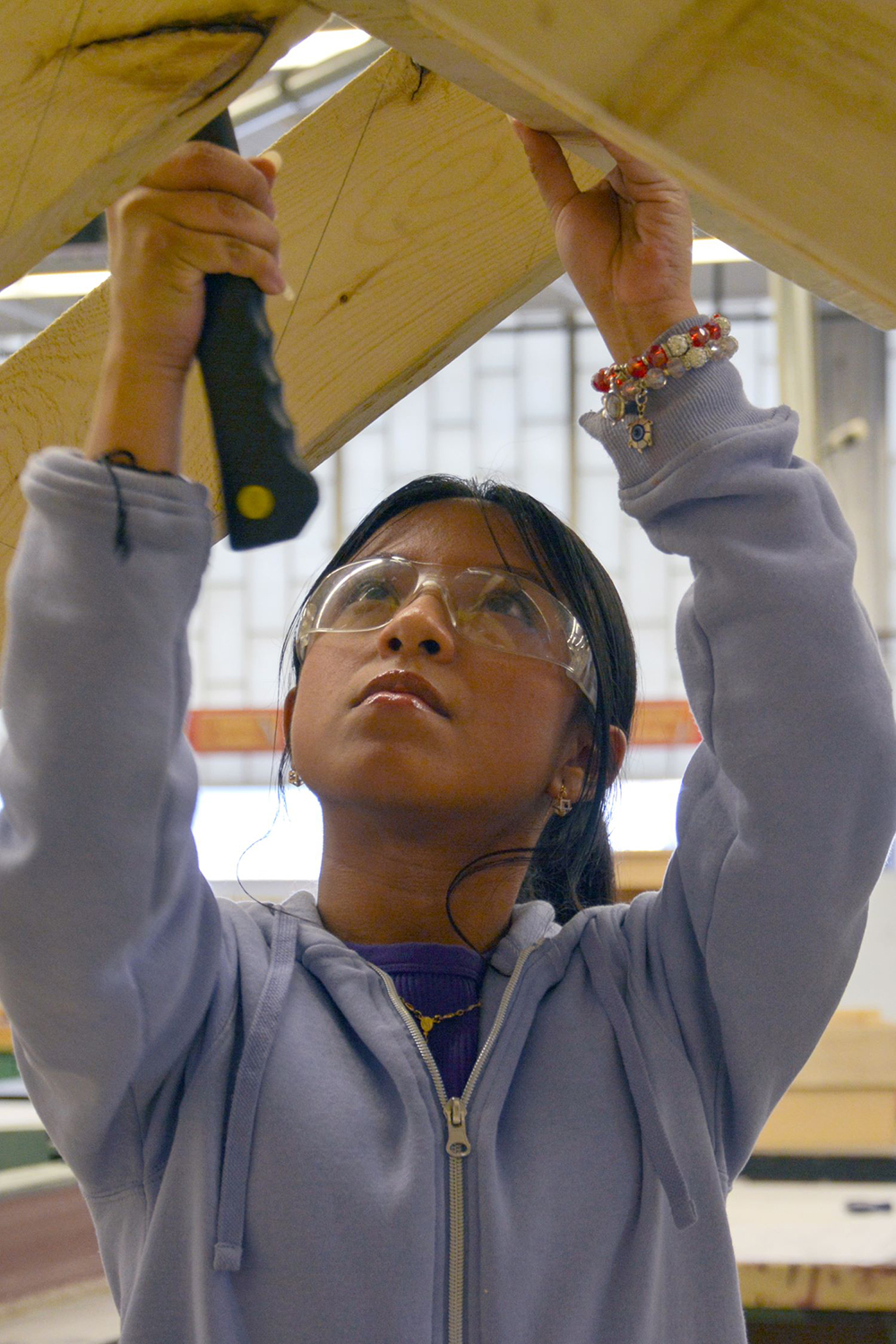
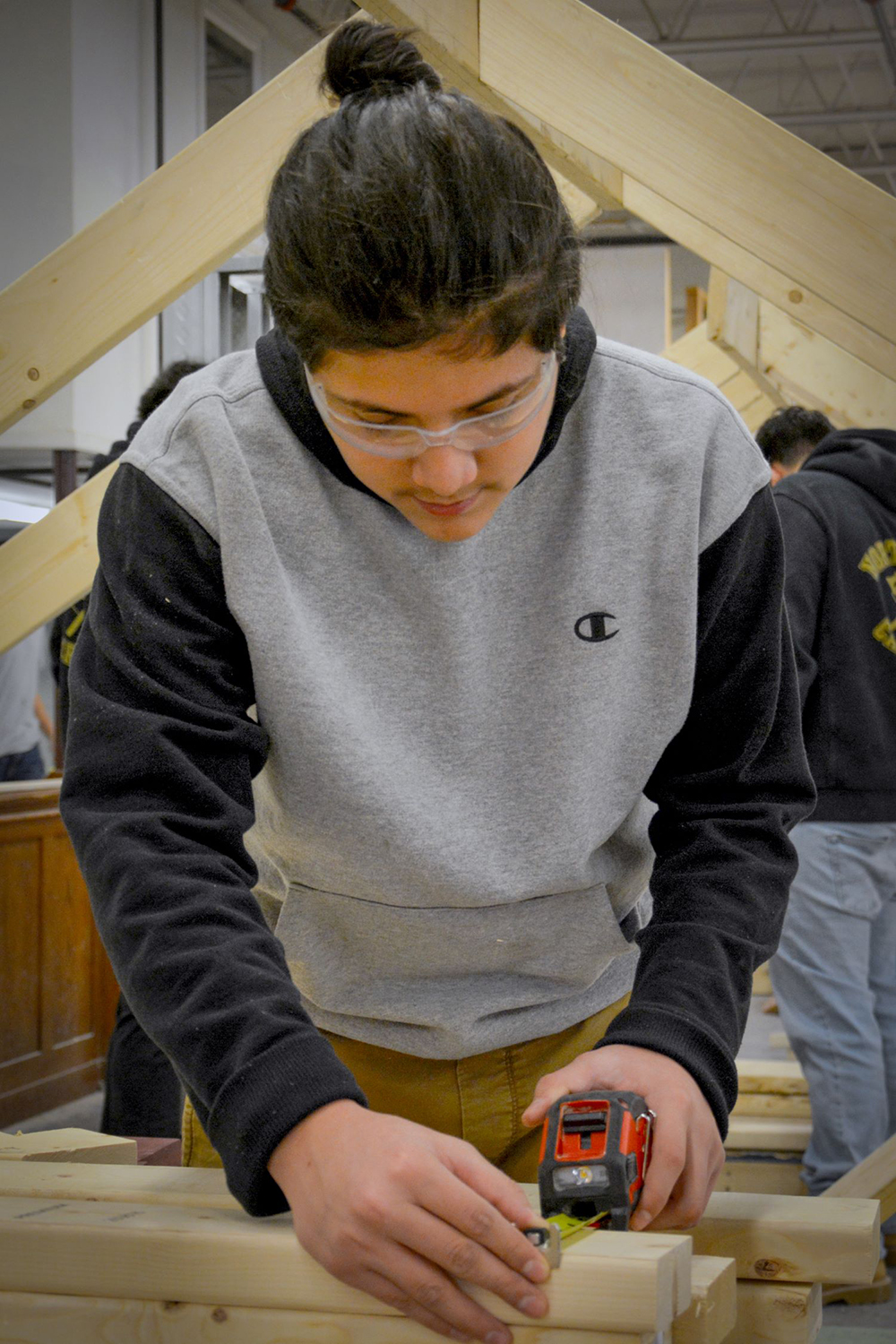
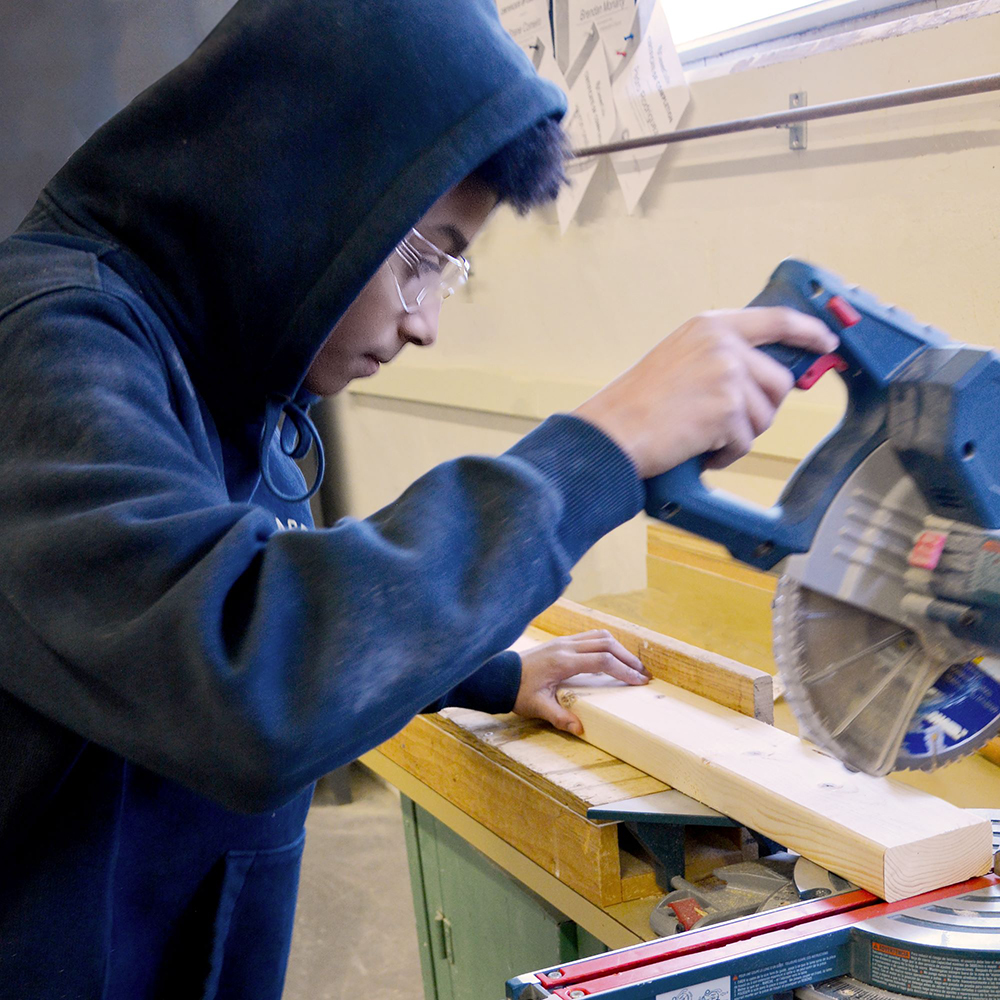
To mark the commencement, Camber Development and Dacon are funding the first year of Build-a-Bureau, a pilot program between Mission of Deeds and Northeast Metro Tech. Mission of Deeds is a turnaround organization where sheltered families being placed in apartments can shop for up-cycled furniture, kitchenware, new beds and linens for free. Additionally, every client is given a new coat and children receive security blankets, stuffed animals and books – everything to start a new life. Central to their successful model is that clients get to choose what they want. Clients are referred through state agencies. In 2023, 45% of Mission of Deed’s clients were children, totaling 945. Domestic violence was a common cause. This year they will aid 900 families, and since its 1993 inception has furnished 16,748 homes.

One furniture donation that is limited is bureaus, as most are too large to carry up stairwells. Children are left to store clothes in trash bags, one of the dehumanizing aspects of furniture poverty. To answer this need Howard Seplowitz, a former maxillofacial surgeon and now a Mission of Deed’s volunteer, conceptualized Build-a-Bureau, in which Northeast Metro Tech carpentry students design and build three-drawer bureaus that act as end tables and provide storage.
Northeast Metro Tech is a spirited school of 1,250 students from 12 communities north of Boston that are educated in 17 career areas. The school receives over 1,500 applications yearly, of which 360 are selected based on performance. Currently a $300 million facility is being built to expand the program to 1,800 students. Twenty percent of the popular carpentry class is female, who aspired for beauty careers and through Exploratory Session are now pursuing building.
For the children, it gives them something to call their own, and for many this is their first new piece of furniture. This is not simply an educational exercise – the carpentry students are solving a societal need by instilling permanency for children whose lives have been in transition. Meanwhile, they are learning technical skills, awareness, responsibility, compassion, and character. The students are building 40 bureaus and the success of this program will determine if other vocational schools follow suit. Demand remains high – over 7,500 families are enrolled in the Commonwealth’s shelter system, with an average stay of 15 months.
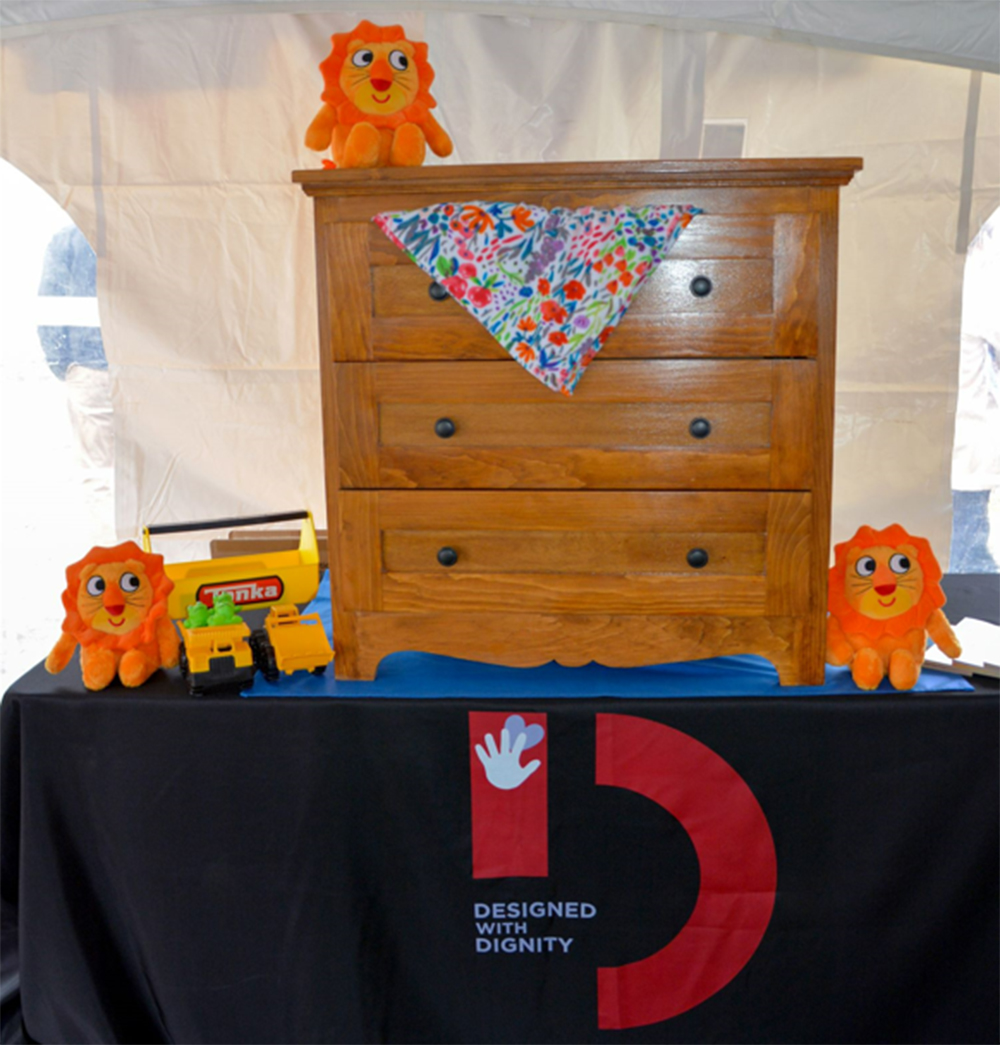
To accompany these resilient children on their way to a better life, Camber and Dacon also donated 150 lions from the Jimmy Fallon book series This Is Baby with help from Kohl’s department stores. Stuffed animals play an important role in comforting traumatized children as they provide physical comfort and camaraderie.
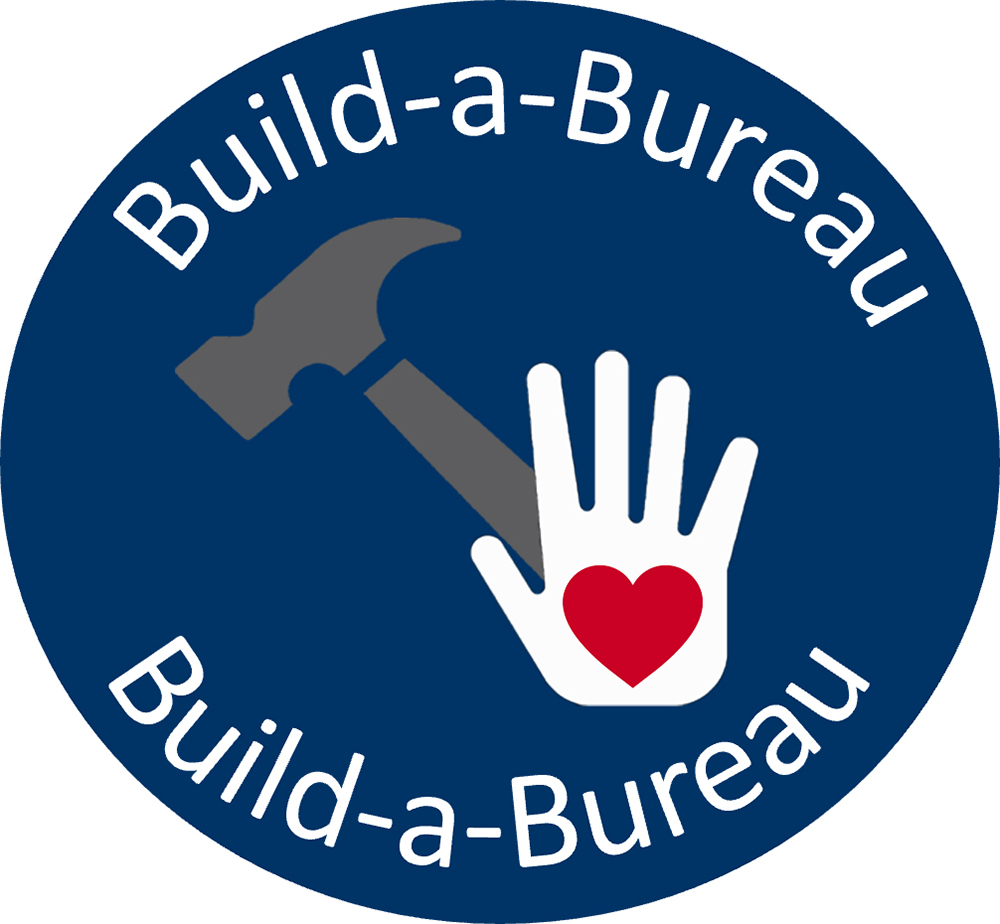
Additionally, Dacon’s Alison Kidder designed a logo for Build-a-Bureau. David Wilkinson, managing partner of Camber Development said, “Both Mission of Deeds and Northeast Metro Tech are quiet champions – one for rebuilding lives experiencing domestic violence and the other for developing talent. This program wins on all fronts.”
Lauren Nowicki, chief communications officer at Dacon said, “Society’s challenges such as homelessness necessitate rethinking social services and the role that private businesses can play in aiding state initiatives. Local nonprofits are particularly astute at targeting issues and meeting needs.”








